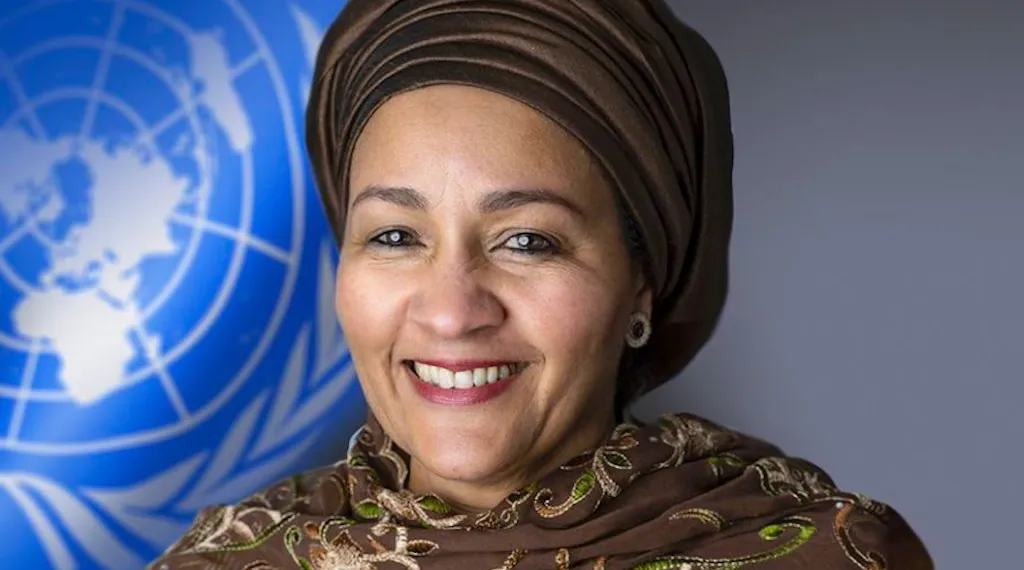Representatives from regional and sub-regional organisations, civil society and various entities of the United Nations will attend the meeting.
On Monday, 22 April 2024, the Deputy Secretary-General of the United Nations, Amina Mohammed, Under-Secretary-General of the United Nations Office of Counter-Terrorism, Vladimir Voronkov, Special Representative of the United Nations Secretary-General for West Africa and the Sahel (UNOWAS) Leonardo Santos Simão, the High Representative for the United Nations Alliance of Civilisations, Miguel Moratinos, and other high-level United Nations officials will participate in a High-Level African Counter-Terrorism Meeting in Abuja, Nigeria.
The two-day Meeting (22-23 April) is hosted by the Federal Government of Nigeria under the auspices of the President, H.E. Bola Ahmed Tinubu, and the National Security Advisor, H.E. Mallam Nuhu Ribadu.
It will bring together African Member States, the African Union, and other regional and sub-regional organisations, international partners, including P5 members of the United Nations Security Council, and civil society organisations.
Nigeria’s leadership and convening power is being demonstrated through the participation of four Presidents, 10 Ministers, and eight national security advisors from 29 African Member States.
In addition, there will be representatives from seven regional and sub-regional organizations, 17 civil society organisations, and various entities of the United Nations.
Terrorism continues to pose a persistent global threat to international peace and security, impacting several regions worldwide, especially the African continent.
The rise of terrorism in Africa, especially in the Sahel, is very concerning. The meeting will focus on current threat analysis, prevention, capacity building, and international cooperation with a view to reshaping the international community’s collective response to terrorism in Africa.
As part of the Abuja process, the High-Level Meeting will support Africa-led and Africa-owned solutions. UNOCT, in coordination with other partners, stands ready to support the development and implementation of dedicated packages of capacity-building programmes to African Member States in the priority areas of assistance identified during the meeting.

